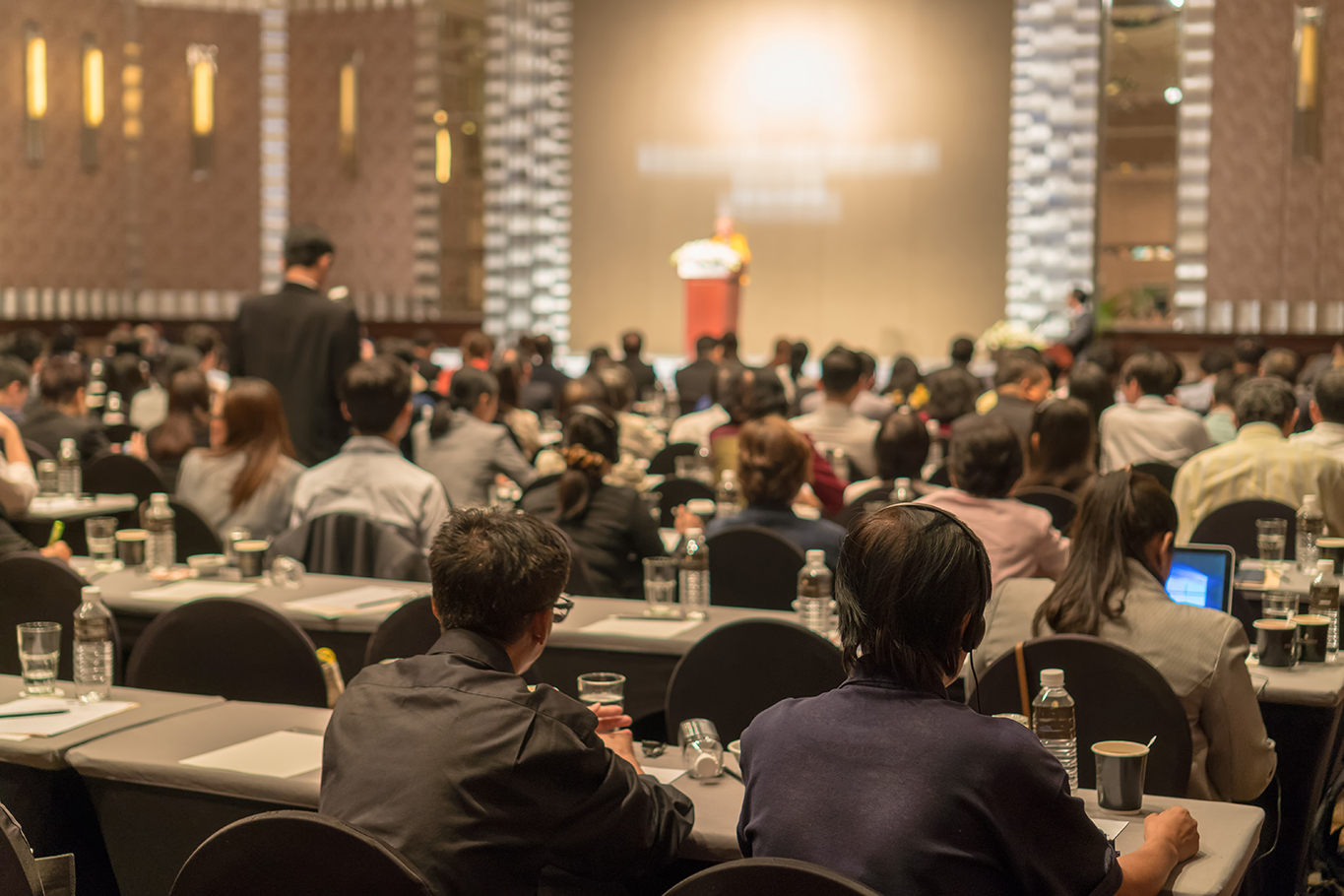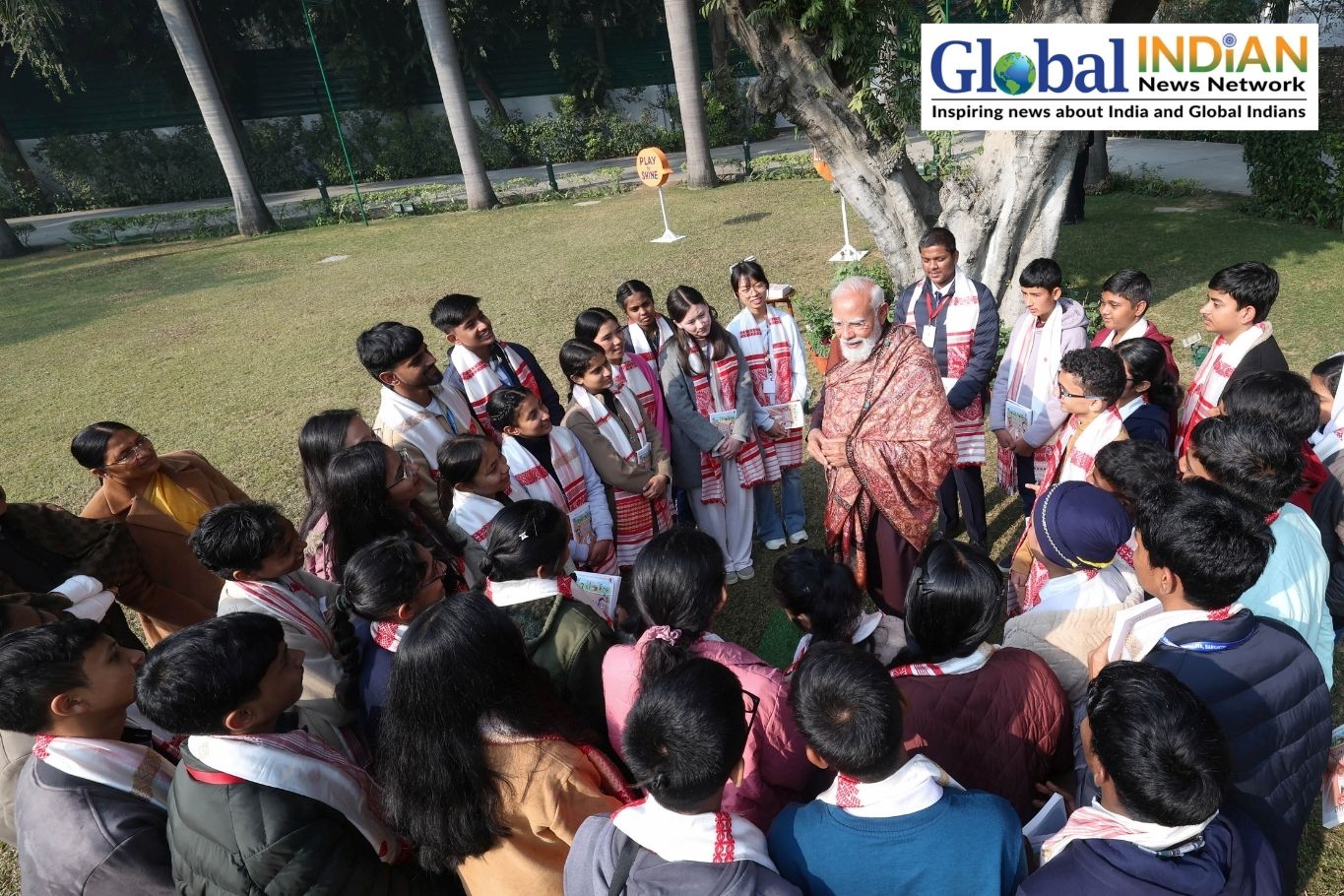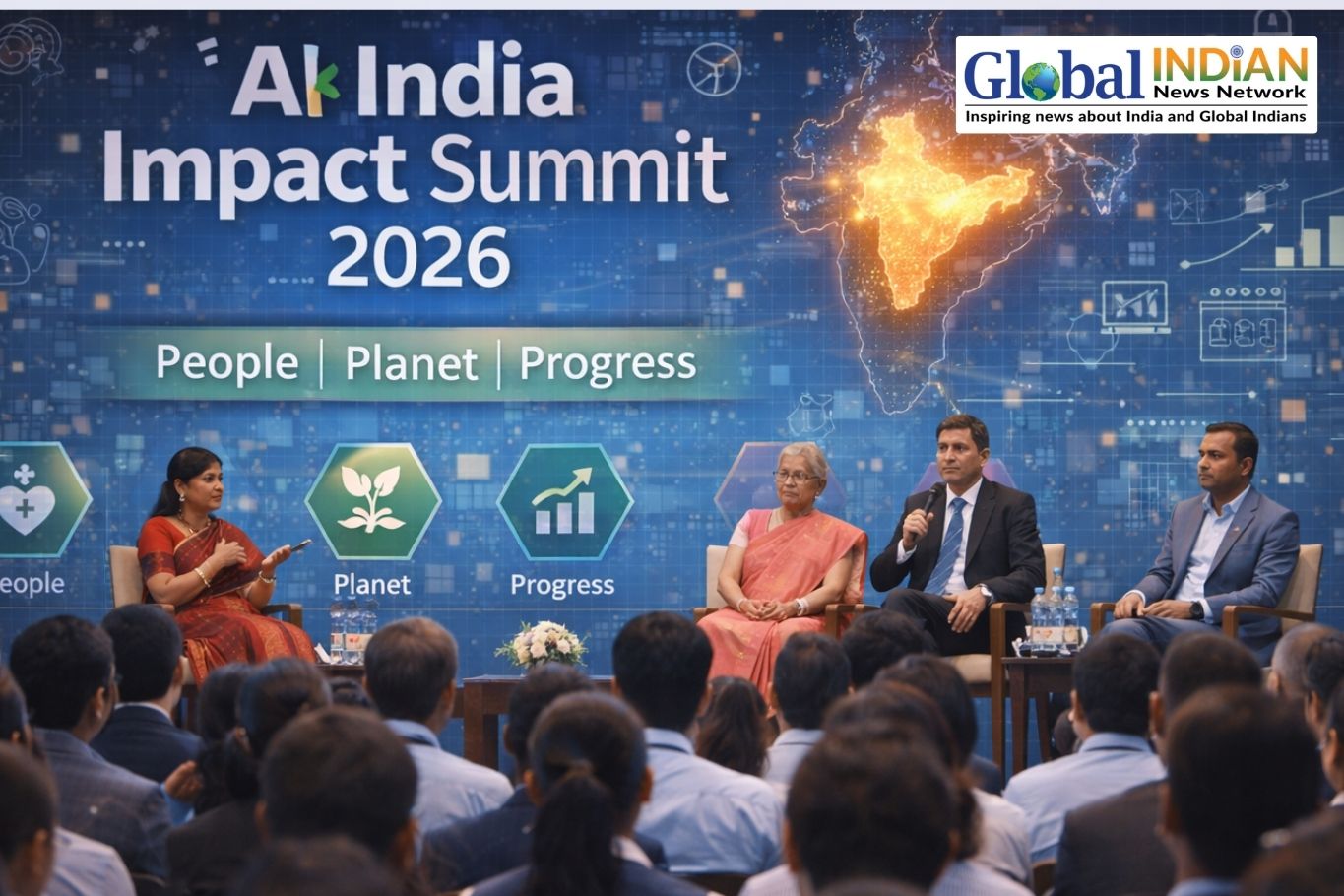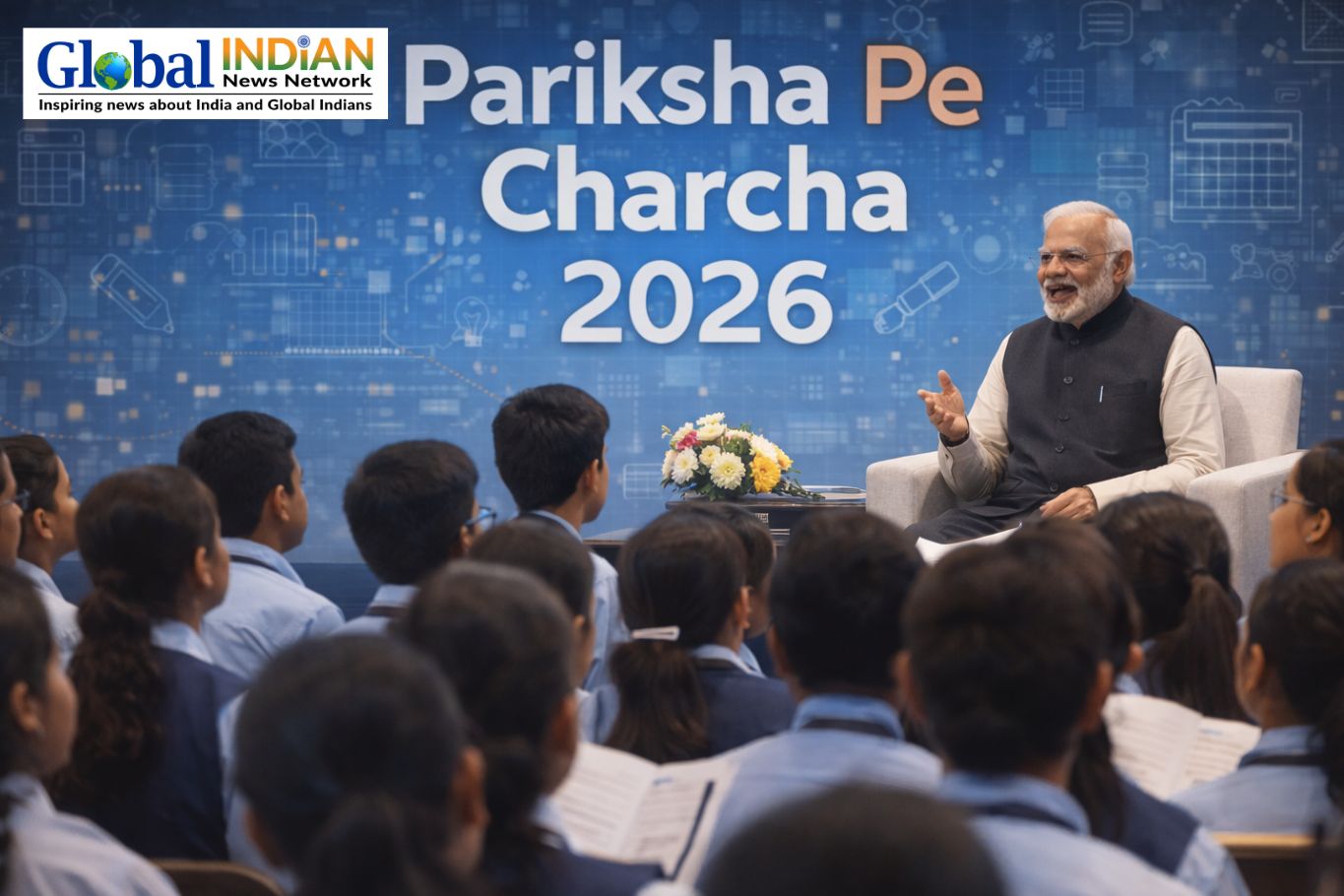
India is gearing up to host the Global IndiaAI 2023 conference in October, uniting prominent figures in the field of artificial intelligence, including researchers, startups, and investors, from both India and across the globe. The Ministry of Electronics and Information Technology (MeitY) is the driving force behind this event.
The steering committee responsible for shaping the conference’s direction will be chaired by Rajeev Chandrasekhar, Minister of State for Skill Development & Entrepreneurship and Electronics & IT. The conference’s agenda is set to cover a diverse range of topics, encompassing next-generation learning, foundational AI models, and their applications in areas such as healthcare, governance, and next-generation electric vehicles. It will also delve into future AI research trends, AI computing systems, investment prospects, and the nurturing of AI talent.
Chandrasekhar highlighted the Indian government’s vision for this gathering, which aims to convene some of the world’s brightest AI minds to discuss the future of AI and its impact on various sectors. The Global IndiaAI 2023 conference is provisionally scheduled for October 14 or 15 and is anticipated to establish itself as a pivotal annual event for the global AI industry, startups, practitioners, researchers, and students. Drawing parallels to the success of past SemiconIndia conferences, Chandrasekhar noted how they elevated India’s status in the semiconductor sector and catalyzed investments and growth. Similarly, the Global IndiaAI summit is expected to have a transformative effect on India’s AI landscape and innovation ecosystem.
The conference will encompass significant initiatives, including DI Bhashini, the India Datasets Program, the IndiaAI Futuredesign program tailored for startups, and the IndiaAI FutureSkills program dedicated to nurturing world-class AI talent. Emphasizing the extensive groundwork behind the conference, the Minister highlighted the critical role played by working groups in close collaboration with industry, startups, and academic partners. The primary objective remains fostering a collaborative and participatory approach to steer AI toward enhancing governance, transforming lives, and establishing global partnerships that actively shape the world’s technology landscape.









